Willem Deisinger is a technologist and researcher exploring how we build a home in a world of authoritative technologies focusing on community centric internets, obsolete technology and digital infrastructure.
Idealism around the Internet has quickly collapsed: how can we navigate carving out spaces amongst the disillusionment. READ MORE.
Specializing in critical technologies and coordination, Willem has collaborated in multidisciplinary initiatives with UKAI Projects, Hypha Worker Co-op, Hebbel am ufer (HAU1), Global Affairs Canada and CRAiDEL. He is a recipient of the Corel Endowment Fund for the Arts Award (2022) for an exemplary ability to engage with technology in the arts. READ LESS.
OUTLINKS:
CURRENT PROJECTS AND WRITING:
homeLAN (localized Internet protocols, educational, gaming)
The cloud as metaphor obscures the physical reality of the internet: understanding how local area networks work through collective building and playing can be liberating. homeLAN is an educational and community event that re-grounds digital infrastructure through hands-on exploration of Ethernet and traditional switches. The nervous system twitch has made its way too far from its evolutionary roots. In the face of pay-to-play and play-to-earn economies, homeLAN reclaims what was ours from the start: video games played together on personal machines. By revealing the physical networks beneath our keys, the project demonstrates how internet cafes function as local arbiters—a strong working-class, on-the-ground power as opposed to private or government-operated ISPs. READ LESS.
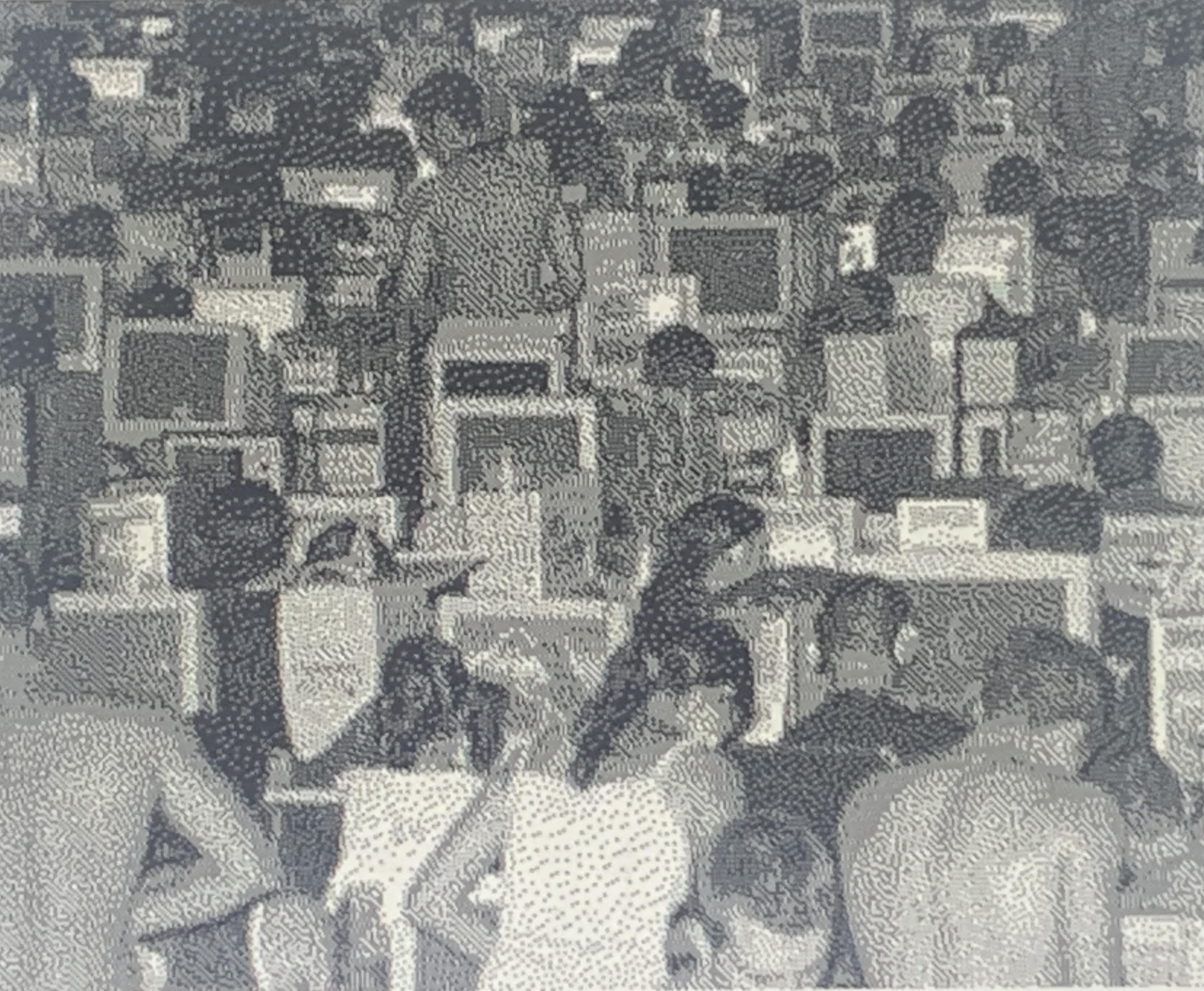
Piracy's Back (media entertainment, product insights, piracy)

Vita Contemplativa: Conversations on the Objects of Our Home (labour, existential technology, anti-psychopolitics)
XXXX XXXXX (XXXX, XXXXXX, XX XXXX)
NeighbourhoodJelly (cooperative servers, local computing, media entertainment)
How can we share media locally and intentionally again? Streaming platforms have become inaccessible and broken through rising prices, multi-platform content spread and low effort content. Piracy is on the rise because of these signals. Neighbourhood Jelly is an on going project to create an accessible media server as a way to bring intention to media consumption and experiment with cooperative internets and streaming platforms. We're not hoarding films, but trying to find new ways of sharing, collecting and archiving media together. Neighbourhood Jelly imagines personalized collections, inside joke genres, lists for friends, and ultimately enjoying a new way to collectively share a digital neighbourhood inside our homes. By using Jellyfin, and it's opensource add-ons, X is developing categorizing and archiving features/policies and will opensource its instance of Neighbourhood Jelly that is missing in the data hoarding libertarian circles of home servers.
Contact for more info. READ LESS.

Patchwork Signals and Repurposing the Platform (auth. tech., alt-handheld, online/offline community building)

Stone to Screen: Psychopolitics, Amulets and Psychohacking (amulets, smartphones, psycho-hacking)
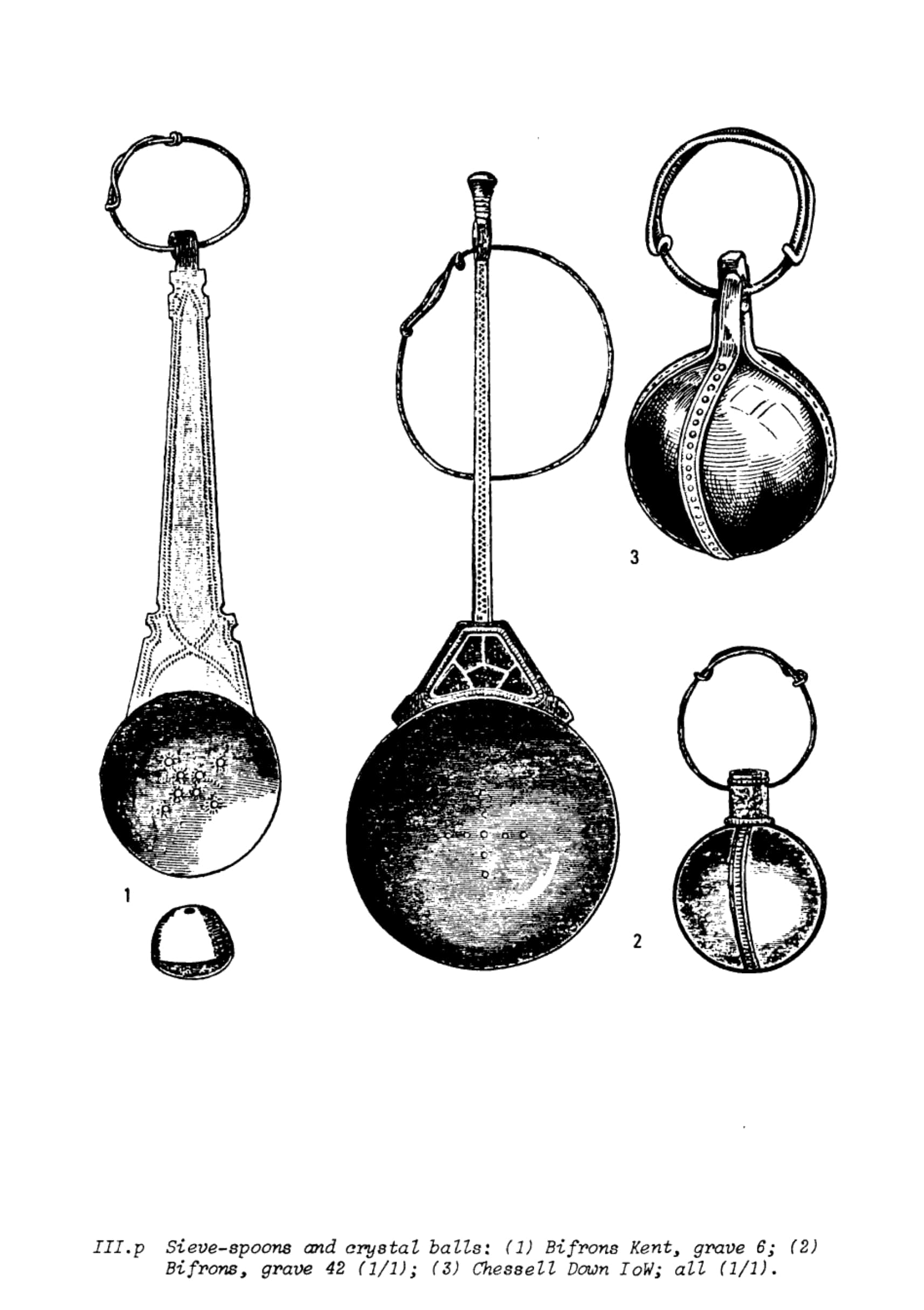
Dia-Phones (XX, XXXX, XX XXXX)
PAST PROJECTS:
Restructuring Futures (author. technologies, post-collapse, DIY)
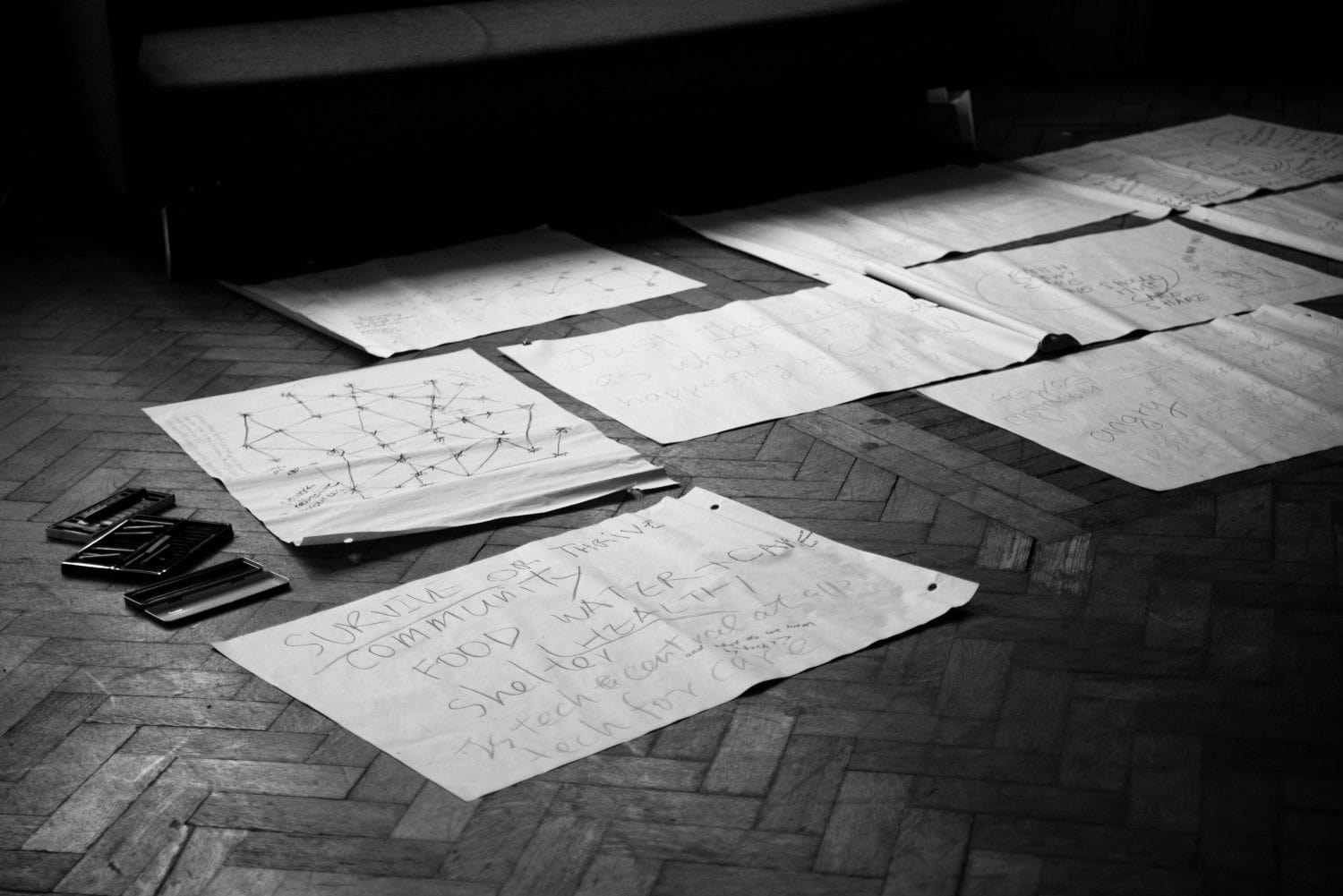
GROUND (rpg, llm, carnivalesque)
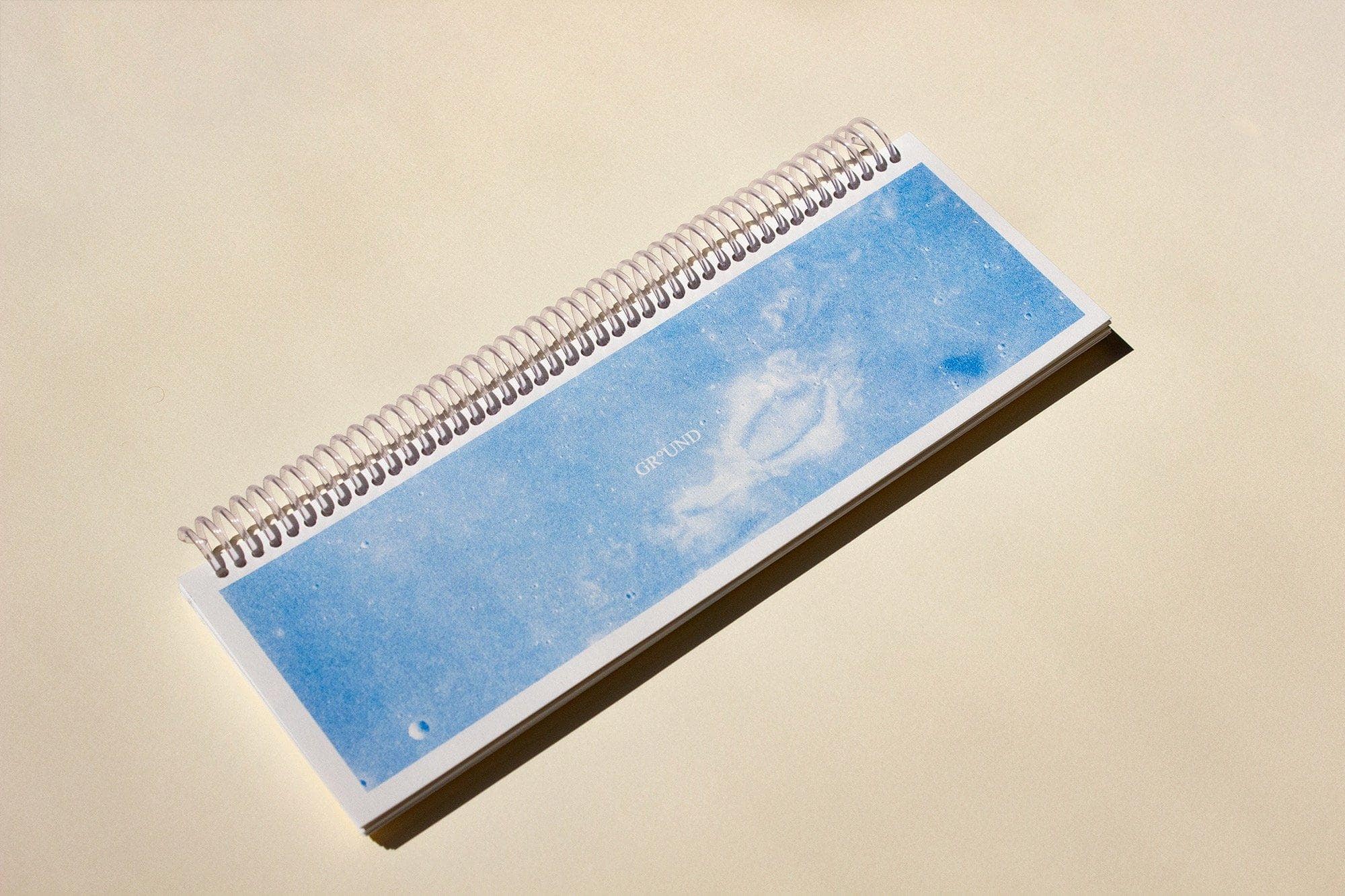
XXXX XXXXX (XXXX, XXXXXX, XX XXXX)
AI Ritual (performance, ritual, existential)
This project allows the audience to share their hopes and fears with a computer that listens. The audience’s varied responses provide a basis for the AI to articulate its own hopes and fears before being erased so that the cycle of being born, learning, speaking, and dying can begin again. Audiences become part of a performance that constitutes and makes visible how human choices are tangled up in the technological systems that organize our social and economic lives. READ LESS.
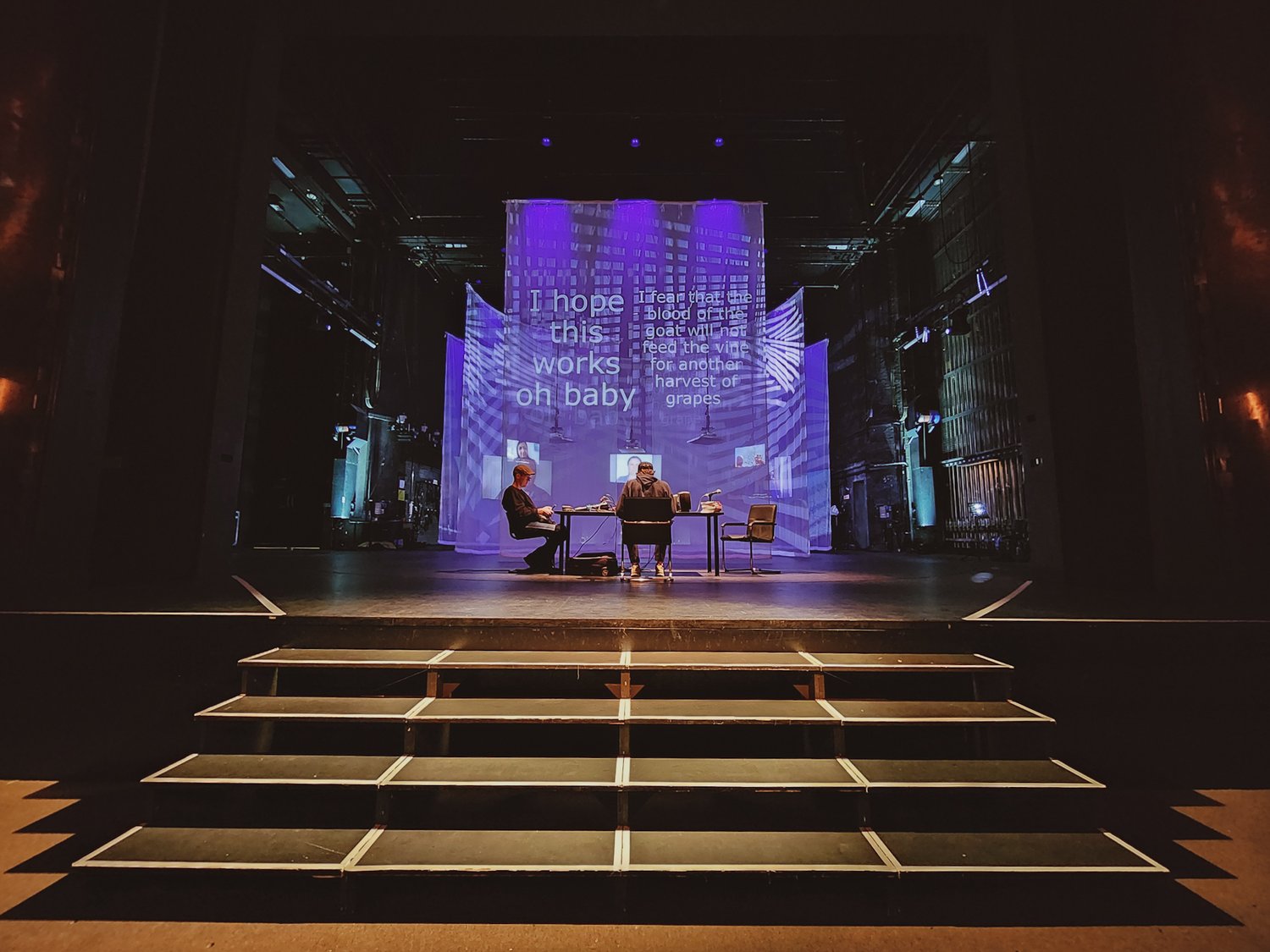
I'm Honoured to Serve (ai agents, platforms, nostalgia)
Leading up to the LLM summer/winter of 2022, this project offered an entry point into critical world-building around chatbots, AI agents and their relationship to technological culture. In collaboration with the Canadian Robotics & Artificial Intelligence Ethical Design Lab in Ottawa, Canada, this multimedia installation explores the guise of AI-driven digital environments designed to generate user data, as well as the narratives that underpin these technologies. READ LESS.
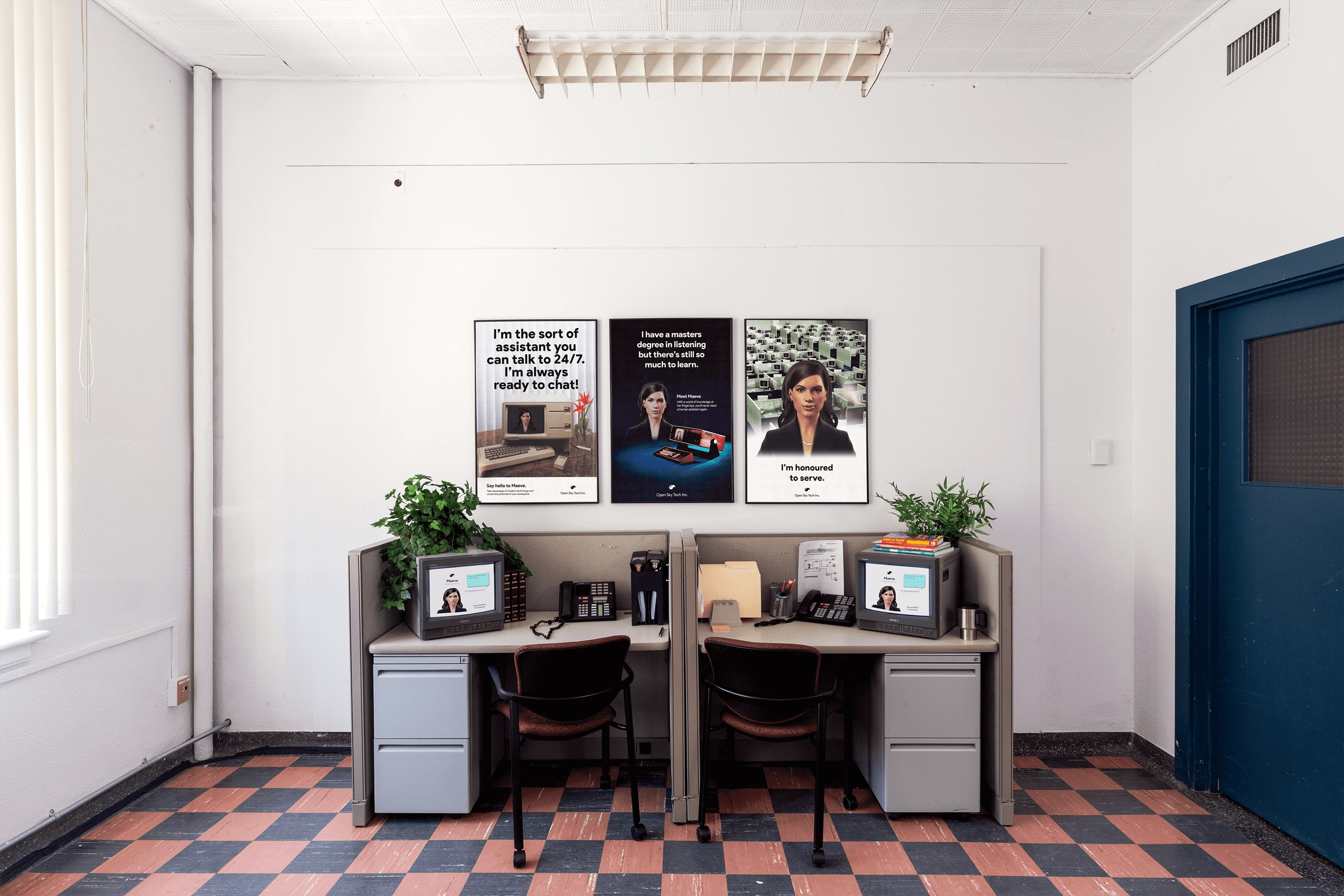
XX XXXXX (XX, XXXX, XX XXXX)
Physicalizing the Internet (XX, XXXX, XX XXXX)
OUTLINKS: